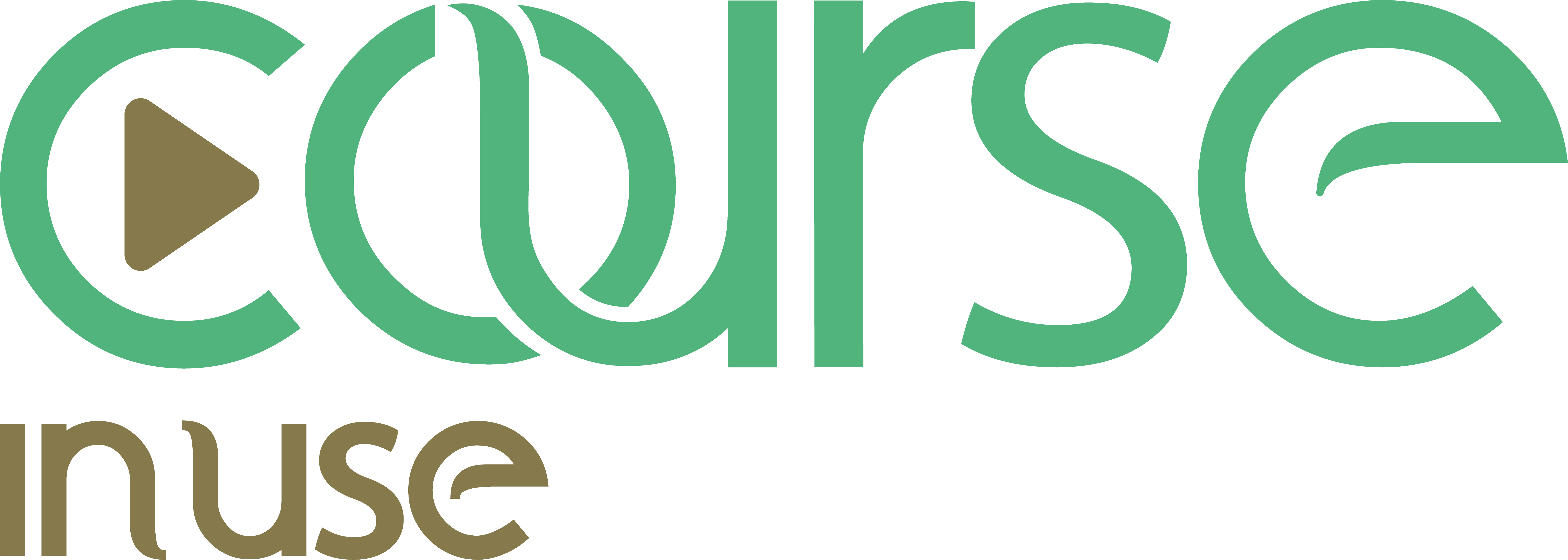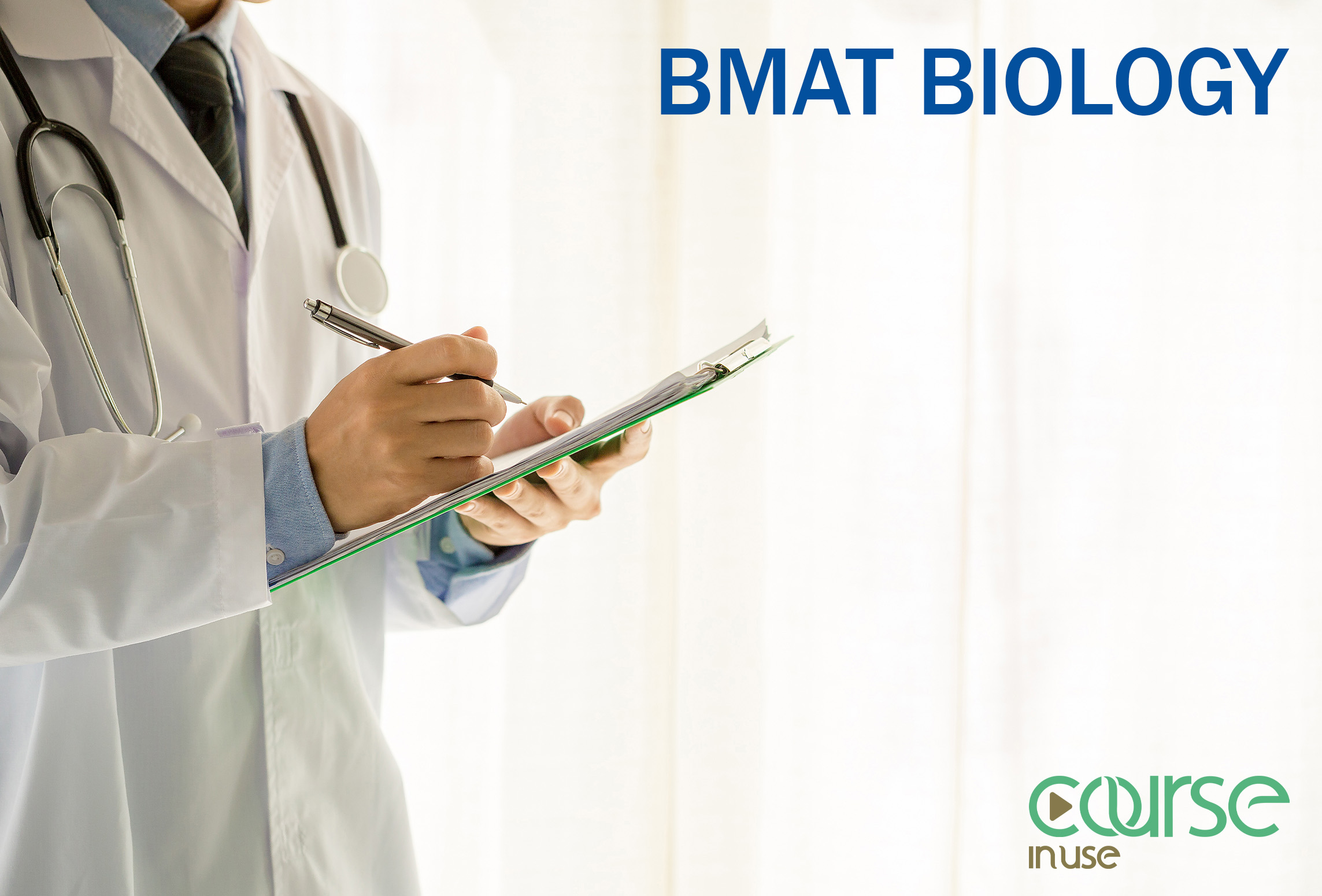Biology in the BMAT: A Comprehensive Overview
Introduction
The BMAT (Biomedical Admissions Test) is an essential assessment tool for admissions into medical and health science programs. It is structured into three main sections, each designed to evaluate a range of scientific and analytical skills. Although the BMAT is not exclusively a biology test, a robust understanding of biological concepts is critical for excelling in several sections of the exam. Mastery of fundamental biology can significantly enhance a candidate’s performance in the BMAT.
In the BIME (Biomedical Entrance Test), biology is crucial for several reasons:
- Wide Range of Topics: The test covers various biology topics, including cell structure and function, genetics, body systems, and biochemistry. Mastery of these topics is essential for success.
- Foundation for Medical Sciences: Biology forms the foundation for many medical concepts. A deep understanding of biology can help in grasping medical subjects more effectively.
- Impact on Final Score: A significant portion of the BIME consists of biology questions. Strong performance in this section can greatly influence your overall score.
- Analytical Questions: Biology questions in the BIME are often analytical and require a deep understanding. Being proficient in analyzing and solving biology problems will benefit you in this section.
For better preparation, studying reliable resources and practicing extensively is recommended.
BMAT Structure and Its Relation to Biology
- Section 1: Scientific Knowledge and Applications
Content: This section assesses fundamental scientific knowledge and practical abilities across biological, chemical, and physical sciences.
Biological Concepts Covered
Cell Structure and Function: Key cellular components such as the nucleus, mitochondria, and ribosomes, and their functions.
Human Physiology: Understanding of various body systems including the digestive, respiratory, nervous, and circulatory systems.
Genetics: Principles of inheritance, DNA structure, and genetic mechanisms.
Biochemistry: Chemical processes within cells, including metabolism and enzyme functions.
- Section 2: Critical Thinking and Problem Solving
Content: This section evaluates analytical and problem-solving skills, which may involve interpreting scientific data and addressing complex issues.
Biological Concepts Related:
– Data Analysis: Interpretation of biological and physiological data.
– Scientific Problem Solving: Application of biological knowledge to solve problems and analyze results.
- Section 3: Writing Task
Content: Candidates are required to write essays in response to questions that may involve scientific and clinical topics, testing their writing and analytical skills.
Biological Concepts Related: Analytical Writing: Crafting essays that analyze and discuss scientific and clinical issues with a biological focus.
Preparation Strategies for the BMAT
- Study Basic Scientific Concepts:
Textbooks: Refer to authoritative textbooks in biology, chemistry, and physics to solidify your understanding of core concepts.
Practice Tests: Complete practice questions to become familiar with the format and types of questions.
- Enhance Analytical Skills:
Data Analysis Practice: Engage with scientific problems and interpret data relevant to biology.
Study Scientific Papers: Review academic articles to enhance analytical thinking and critical reasoning skills.
- Prepare for the Writing Section:
Practice Writing Scientific Essays: Develop your ability to write analytical essays on scientific topics, especially those related to biology and medicine.
Feedback and Revision: Seek feedback from educators or advisors to refine your writing skills.
- Utilize Reputable Educational Resources:
Books and Study Guides: Utilize resources such as ‘The BMAT: The Official Guide’ and ‘BMAT: An Introduction’ for comprehensive preparation.
Educational Websites: Explore reputable educational websites for additional practice and review.
Conclusion
Although the BMAT is not exclusively a biology exam, a strong foundation in biological concepts is integral to performing well across its various sections. Familiarity with core biology topics and strategic use of educational resources can significantly enhance a candidate’s performance. With diligent preparation and effective strategies, candidates can improve their chances of success in the BMAT.
Recommended Resources for BMAT Preparation
- Books from Renowned Universities:
- “On the Origin of Species” by Charles Darwin
- The Kingdom of Animals: A Short Introduction” by Peter Holland:
- “The Ancestor’s Tale: A Pilgrimage to the Dawn of Evolution” by Richard Dawkins:
- “Why Evolution is True” by Jerry Coyne:
- “Your Inner Fish” by Neil Shubin:
- “Oxygen: The Molecule That Made the World” by Nick Lane:
- Books from Oxford and Cambridge Universities:
- “Biochemistry” by J.M. Berg et al.:
- “Molecular Cell Biology” by H. Lodish et al.:
- “Principles and Problems in Physical Chemistry for Biochemists” by N.C. Price et al.:
- “Microbiology in Action”:
- “An Introduction to Genetic Engineering”:
- General Resources:
- Edexcel GCSE (9-1) Biology Student Book: Provides comprehensive coverage of biology topics and is useful for GCSE-level preparation.
- AQA GCSE Biology Student Book: Includes detailed explanations and practice exercises for a deeper understanding of biology topics.
- The BMAT: Biomedical Admissions Test – Official Guide: A comprehensive and official guide to familiarize yourself with the structure and content of the BMAT.
- BMAT Past Papers and Solutions: A collection of past years’ questions and solutions to help you become familiar with the types of questions and answering techniques.
- Campbell Biology: A well-known and reputable textbook in the field of biology that covers both fundamental and advanced topics.
- Biology: Concepts and Connections by Neil A. Campbell and Jane B. Reece: A reliable source for in-depth study and understanding of biology concepts.




